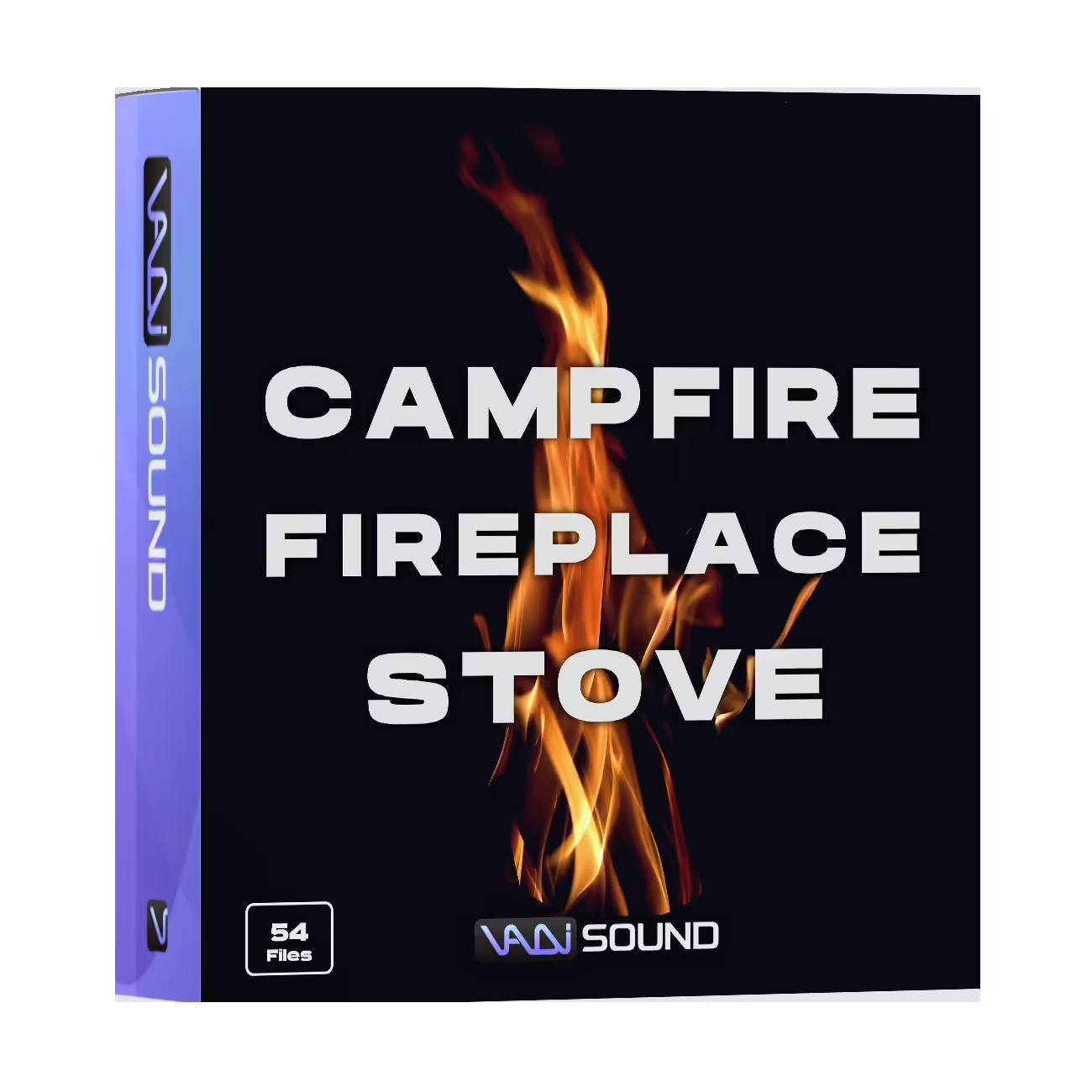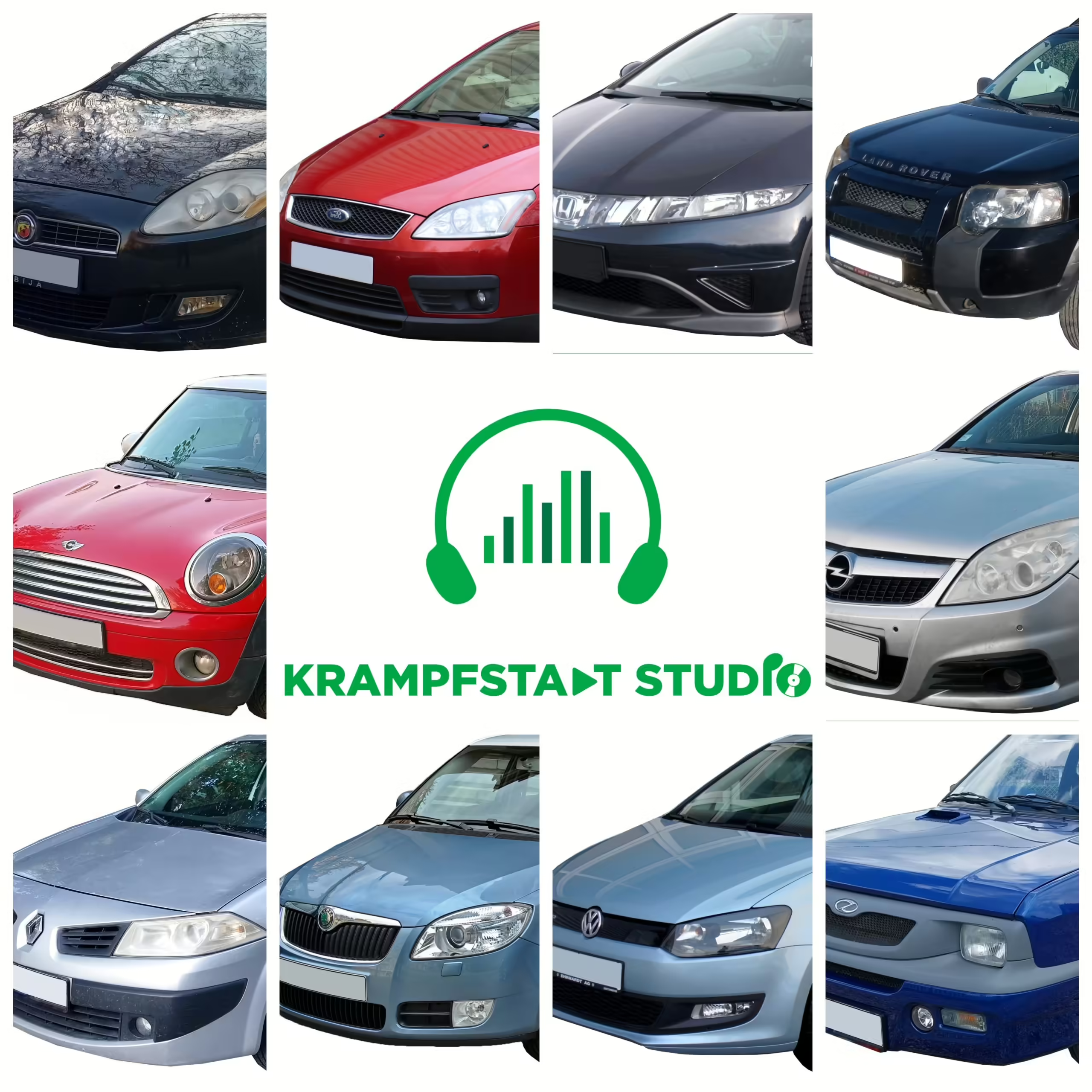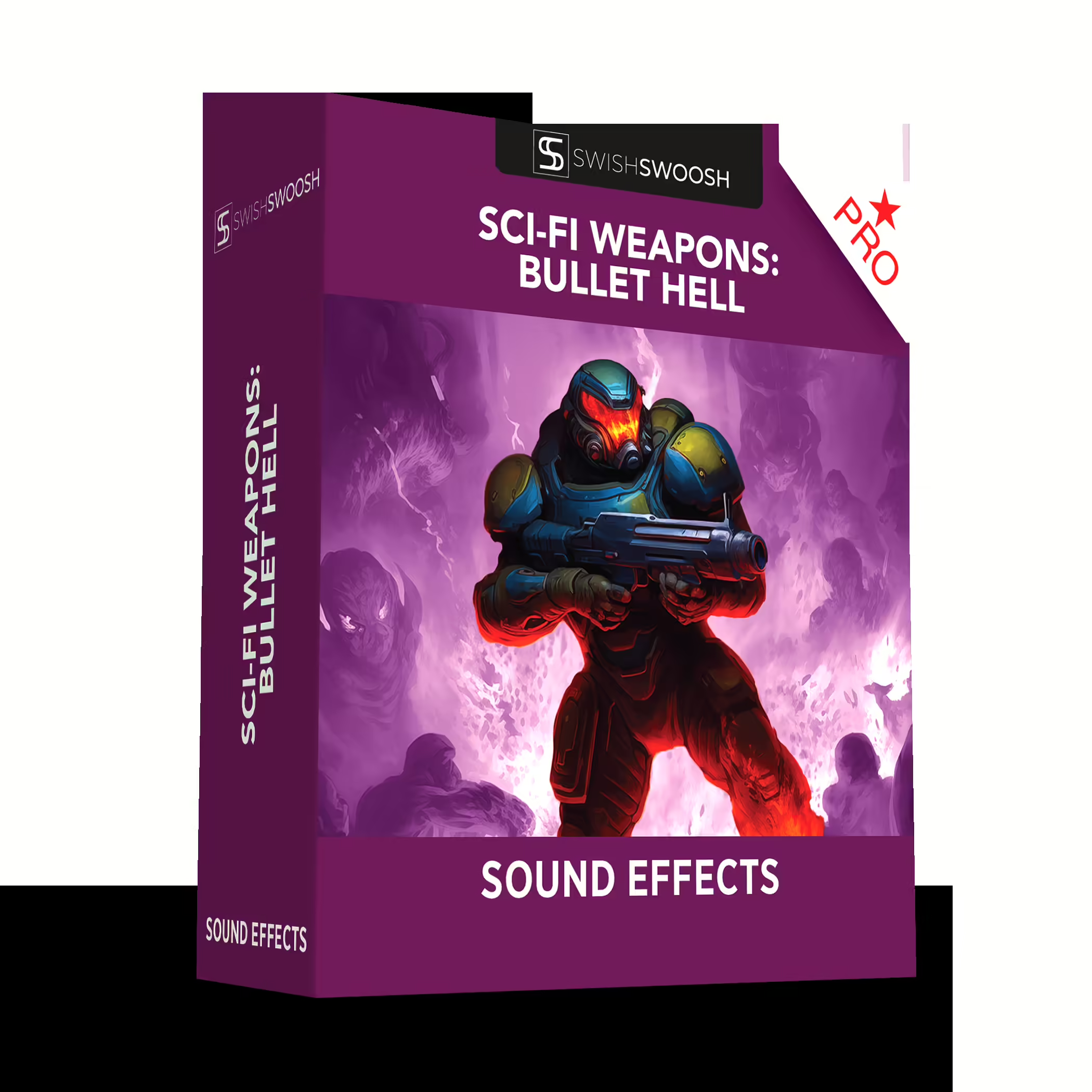A Sound Opinions piece by Juan Pablo Uribe
How much gear and software do you need to be a good sound designer? Three microphones, 27 plugins, 2 pairs of headphones, $2000 speakers and a Stream Deck.
OK, obviously I made that up and of course there is no such thing! Gear and software is not what makes a good sound designer. BUT, it is necessary to be able to BE a sound designer. Without at least a computer and some software, a sound designer can’t do their job. And even though this is probably true of all other disciplines in game dev, I believe game audio is the most demanding when it comes to gear and software. It can truly be a massive barrier to entry into this career, and it definitely raises a lot of questions, like:
Gear and software is not what makes a good sound designer. BUT, it is necessary to be able to BE a sound designer
How much gear and software do I need to get started? How much of it do I actually need to do my job? Can I do top level work with very little? Is adding more and more, endlessly, a good thing? When does it ever end? Why do I keep wanting new toys every single day and do I actually need all of them?
Gear and software needs in sound design is a very complex topic and everyone has their own opinions about it based on their experiences. But I do think we can all agree on a few fundamentals. Gear alone will not make you a good sound designer. You could own a million dollar studio with the best of the best gear and every plugin imaginable and output really poor work. On the other hand, given 2 theoretically equally skilled sound designers, the one in the million dollar studio with all the plugins will outperform the one with the slow laptop using Audacity and some earbuds, if only by speed alone. So we know that gear is definitely relevant to some extent.
But how are these hypothetical scenarios helpful at all? What actual practical advice can we get out of having a discussion about these topics?
What should I spend my money on next?
I believe a lot of people that are early in their careers as sound designers bump into this problem all the time: What should I spend my money on next? Unless you’re wealthy and are able to just buy whatever you want, this question can feel really overwhelming because sound design tools are not cheap, but even worse, sound design tools are seemingly infinite
Interfaces, DAWs, headphones, speakers, accessories, recorders, microphones, room treatment, MIDI keyboards, synthesizers, stream decks, plugins, sound libraries, subscriptions, hard drives, and on and on! You could pick just one of these categories alone and get lost in the weeds. Microphones? Do I need a shotgun condenser or a dynamic? The $150 one or the $1200 one? What if I want stereo recordings? Contact microphones, hydrophones, EMF mics, Mid/Side rigs, or how about that Sanken co100k that everyone is always gushing about? It can get really overwhelming.
Sound design is such a deep and complex career with so much nuance and variety that, no matter who you ask, you’re probably going to get all kinds of different advice anyway. But I do think it’s still a topic worth exploring, because I know a lot of people currently struggling with it
Now, I’m not writing this to be a guide of what you or anyone should be buying in terms of tools, because I think that answer is going to vary drastically depending on a lot of factors like budget, interests, location, career trajectory, AAA vs indie, current project needs, etc.
Not only that but sound design is such a deep and complex career with so much nuance and variety that, no matter who you ask, you’re probably going to get all kinds of different advice anyway.
But I do think it’s still a topic worth exploring, because I know a lot of people currently struggling with it. I also fumbled with these questions when I was starting out and for several years afterwards, and made a lot of mistakes I wish I hadn’t.
[tweet_box]How much gear & software do you need to be a good sound designer? Food for thought by @juanpaudio:[/tweet_box]
Avoid the hype — and get the timing right
The #1 piece of advice I would give myself when I was starting out would be to not get swept up in the hype of any plugin or piece of gear out there.
As someone who didn’t start off with any mentors, any community, didn’t have Twitter, Slack, Discord, basically no one to set me straight, I actually really thought that having X or Y plugin would make me a better sound designer on the spot. I truly believed that!
When I first started teaching myself how to do sound design, I had a deep hunger to become really good, really fast. And as someone who didn’t start off with any mentors, any community, didn’t have Twitter, Slack, Discord, basically no one to set me straight, I actually really thought that having X or Y plugin would make me a better sound designer on the spot. I truly believed that! I remember watching youtube videos of certain plugins in action and how amazing these sounds were and I would think: “if only I had this plugin, I could be just as amazing!”. I would spend the money and then realize I couldn’t get the same results, or that I hated the interface and I just didn’t really gel with the vibe of the plugin.
The plugin was certainly not wasted, but it was 100% not the correct thing to buy at that moment in time
Another time, I bumped into a plugin called Altiverb online and was absolutely blown away by its capabilities. I saved up the $500 because I thought this was simply a plugin that I just had to have, it was just so powerful. And the truth was that yes, it is an amazing plugin, but I ended up using it very little for the small indie games I was working on, and I could’ve actually bought a much more affordable convolution plugin to do what I needed at the time. Those $500 would have gone such a long way towards buying a nice microphone instead, because I didn’t even own 1 at the time!
[inmini]
These days we see so much cool stuff going around in our communities, so much sharing of processes and behind the scenes of how sounds are made. And with that tends to come the tools that are attached to the making of. We might see a cool MIDI controller that you can swipe and make cool sounds with, and get starry eyed and want to imitate. Or the latest greatest doppler plugin that seems so powerful. But anytime you see any one of these tools being showcased, I want you to remember me and Altiverb, and slow down for a second before buying anything.
I can’t count how many tools I own that I just could never gel with and ended up in my tools graveyard
Sure, it might be super cool to own one and maybe it might become your favorite tool ever, but it also might just be a flop for you and not quite what you wanted. I can’t count how many tools I own that I just could never gel with and ended up in my tools graveyard.
I believe that no one but you can really know what it is you need at any given point in time. Evaluate your most immediate needs and don’t get swept away by the fancy and the cool. Do your research, ask the community, get some feedback about your intentions to buy a certain tool, and only then if you still feel confident, go for it. Don’t feel like you need a ton of stuff to make your magic happen. Sure, there are some baselines that you need, but nowadays you can do so much with so little. As you grow in skill, you’ll slowly also grow your toolset with you. Let it come naturally and truly take the time to learn every little thing about the things you own today. As you get to know yourself better, and develop your voice, you will find it a lot easier to choose what it is you need.
A question of style
Everybody has totally different styles. Some sound designers really love having motorized faders and a massive mic locker. Some others live and breathe by collecting plugins. Some go deep down the rabbit hole of modular eurorack synths. Some have it all, and some have very little and they’re all perfectly valid! I personally used to chase plugins obsessively until 1 day I decided to do a cleanse. Now I only buy 1 plugin every year, mostly because I might need it for work. I also decided to become super minimalist about gear. Working from home I use a simple Scarlett 2i2 because it just works for me.
The gear can help and facilitate a lot of things, but without you as its catalyst, it means nothing
I don’t own a Stream Deck, or any fancy controllers or touch interfaces. I get everything I need out of a 10 year old MIDI keyboard with basic functionality. I own a single Sennheiser shotgun mic, and a handful of cheap utility mics. I adore modular synths but I could never buy into it because they seem extremely overwhelming and expensive, so I just try to borrow my friend’s instead! All of this is what works for me specifically, but it took me a long time to figure it out.
There used to be a time where I wanted everything. I dreamed about one day making enough money so I could buy every mic, plugin, MIDI controller, fancy speakers, etc that I always wanted. But over time I realized that the real magic happens with your own creativity, not the gear you have
There used to be a time where I wanted everything. I dreamed about one day making enough money so I could buy every mic, plugin, MIDI controller, fancy speakers, etc that I always wanted. But over time I realized that the real magic happens with your own creativity, not the gear you have. The gear can help and facilitate a lot of things, but without you as its catalyst, it means nothing.
So don’t feel overwhelmed if you feel like you’re missing out on so many things that others have. Let yourself grow at your own pace and identify your true needs as you go. Tools can be really fun and we all enjoy them, but none of them (other than the basics of course) are actually necessary. And if you ever need help making a decision, reach out to the community! We are always happy to provide some guidance.
About Juan Pablo Uribe:
Juan Pablo Uribe is a senior video game sound designer, currently working for Bungie on Destiny. He’s also a columnist here on the A Sound Effect blog. Meet him on Twitter here.














































































































































































































































